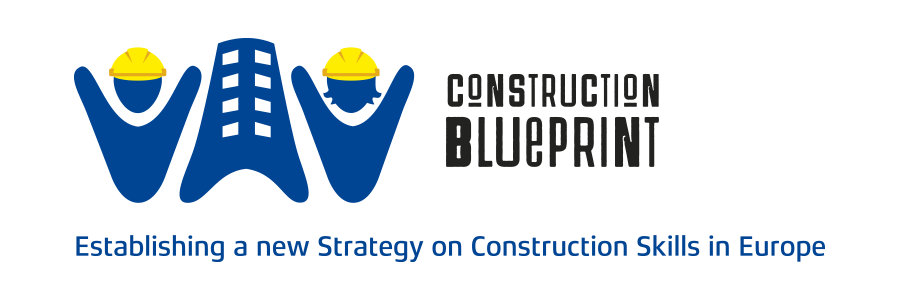The endorsement event of the European project “Construction Blueprint”, in which Ance is participating as a partner together with Formedil, was held on 10 December.
The project, which started in January 2019 and will end in December 2022, is part of the Erasmus+ Programme and involves 3 organisations grouping European sector federations, 9 national organisations and 12 bodies for vocational education and training in construction, from 12 European countries: Italy, Spain, Slovenia, Germany, Belgium, Greece, Lithuania, Portugal, Finland, France, Poland and Ireland.
The objective of Blueprint is to outline the strategy for the evolution of professional skills in the construction sector, taking into account the needs related to the circular economy, digitalisation and energy efficiency.
In order to illustrate the results achieved so far by the partnership, Ance organised a seminar in which experts from the sector participated for a constructive discussion on the issues addressed by the project.
After the introduction by Dr. Romolo De Camillis, Director General of the Labour and Industrial Relations Office of the Ministry of Labour and Social Policies, the debate took place in three separate virtual rooms, dedicated respectively to circular economy, energy efficiency and digitalisation.
In particular, the first round table entitled ‘What initiatives to promote a wider diffusion of the circular economy in the construction sector: current problems and future prospects’ was coordinated by ms. Valentina Mingo and addressed the issue of initiatives to promote a wider application of the circular economy in construction.
The second roundtable, entitled ‘Climate change, renewable energies and decentralised energy production: how are workers’ skills changing in relation to renovation processes?’, was coordinated by mr. Nicola Massaro and addressed various topics, ranging from the skills needs for energy requalification to national measures that could be put in place to encourage the role of the construction industry in combating the negative effects of climate change.
Finally, the third round table entitled “Use of new technologies for the construction sector: how production processes and workers’ skills change” was coordinated by mr. Giampiero Rellini Lerz and focused on the theme of digital transition and the skills needed to deal with it.
At the end of the debate, after collecting the opinions of the participants, each moderator presented them in plenary session.
The suggestions that emerged during the debate will be summarised in a concluding document that will be available in the coming days.
For further information on the project, please contact the project manager, mr. Romain Bocognani, and ms. Valeria Andretta, ms. Maria Luisa Colella and ms. Silvia Rigano.




